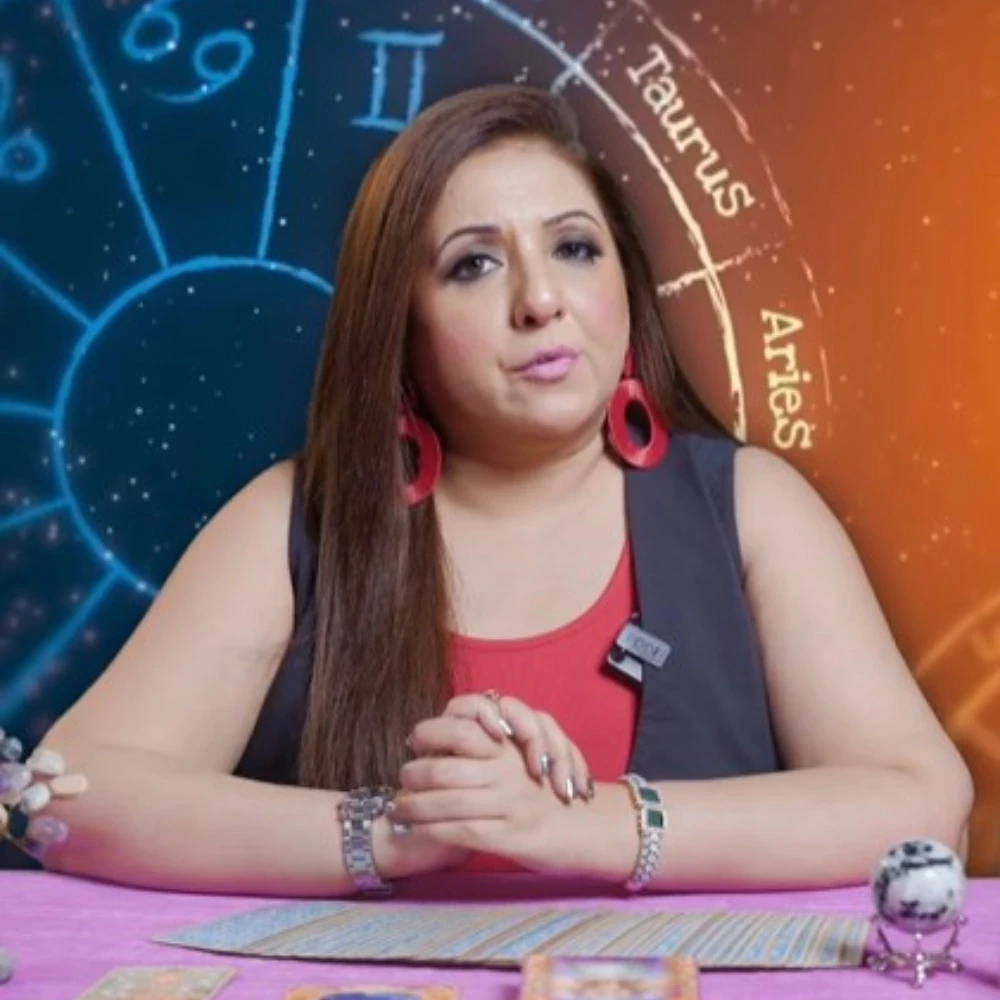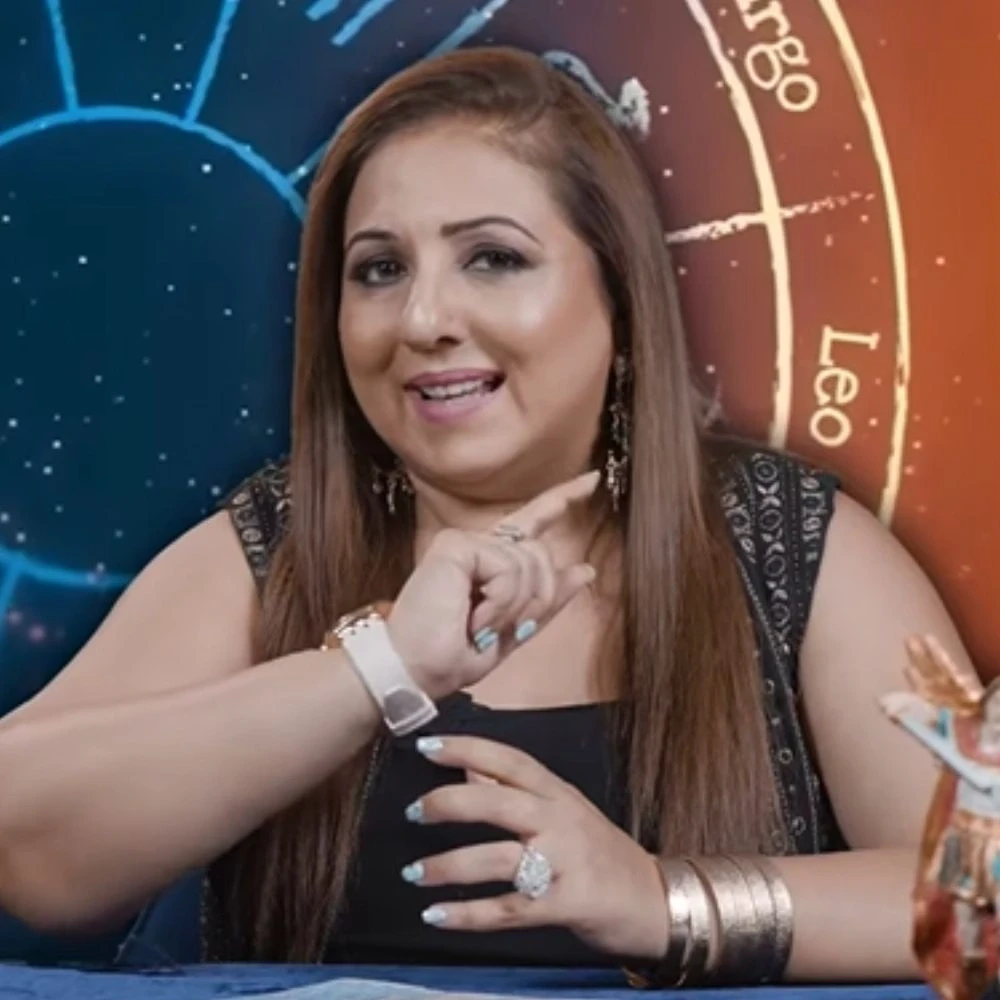Signs of a Depressed Spouse And How to Ideally Support Them
Learn to spot the signs of a depressed spouse and discover empowering ways to navigate the challenges together. Find hope and support for your relationship now!

When you said "I do" on your wedding day, you promised to be your spouse's loving and dependable companion through all of life's ups and downs. Dealing with a depressed spouse, however, may prove to be challenging when it comes to retaining the same degree of closeness you once had.
The journey of living with a depressed spouse can be lonesome, leading to feelings of isolation, but you are not alone. Almost 280 million people worldwide experience depression, irrespective of their gender, age or mental health background.
While it may need more effort, your marriage is not doomed just because your spouse is depressed. Our contributor Jeanne Sullivan Billeci, a certified life coach and communications expert, advises, “Continuing your marriage with your depressed spouse is a very personal decision.
If your partner is actively seeking treatment and taking responsibility for their recovery, is openly communicating and they are still aligned with your values and goals, this may be a relationship to continue investing in. You can get through this difficulty and establish a healthy and rewarding relationship with your spouse with perseverance, support, and patience.
By understanding the signs and learning how to manage the challenges of living with a spouse with depression, you can move from frustration to maintaining a thriving marriage.
Signs Your Spouse Is Depressed

When we are in a relationship, we gain a better understanding of our partner’s strengths and flaws. We bear witness to their moments of vulnerability, where they let down their guard and expose their raw emotions. We may even be the first to spot warning signs of depression before they are even aware of it themselves.
As their partner, you are in a unique position to observe any alterations in their usual behavior, thinking patterns, and overall mood. Although every individual with depression has a unique experience with it, there are some universal symptoms that can indicate a change in one's mental health. It is essential to pay attention to and take note of these signs because they may hold the key to finding and treating any potential issues.
On a practical note, our contributor Jeanne Sullivan Billeci advises, “Before marrying someone suffering from depression, it is important to consider your own mental health status and what your goals and vision are for your future.
If you suffer from depression, and are getting help but your partner is not in treatment, the relationship might hinder your own recovery and keep you from achieving your goals.
If you are in good mental health and your partner is not actively working on their recovery, you will likely be in caretaker mode much of the time which can be very draining and hold you back. It's better to evaluate this objectively before you see vows and make a commitment to a person you may love but can't go on the life journey your soul wants to take.
However, if your depressed partner is taking responsibility for their mental health, and is consistently getting treatment, it could be a wonderful opportunity to marry someone who is emotionally aware, responsible and compassionate to you when you need support.”
1. Lack of Interest
Depression often results in a disinterest in the things and activities that once brought joy. Hobbies, socializing, self-care, and even physical intimacy may feel like distant memories to your depressed spouse. It's almost as if they have become strangers to themselves, unable to connect with their past self. The way they relate to others and life in general can feel confusing and challenging to navigate. Overwhelmed by their emotions, they may pull away from those around them and become isolated in their thoughts and feelings.
2. Hopelessness
The grip of depression can feel inescapable, as though the present misery will stretch on indefinitely. Depressed individuals often find themselves grappling with a constant barrage of unpleasant feelings like feelings of inadequacy, self-loathing, and persistent disappointment.
These heavy emotions often translate into a bleak and hopeless attitude towards life. Trapped in this vicious cycle of negativity, finding the strength to move forward can seem impossible.
3. Anxiety
Even though they are not the same thing, people frequently experience both depression and anxiety. Your partner might show symptoms of anxiety, such as being jumpy, fidgety, easily frustrated, and uptight. Heart rate swings, labored breathing, and increased perspiration are examples of physical signs.
They might also display signs of short temper. As a result of their mind wandering and decision-making becoming difficult, they could exhibit a reduced attention span. In addition, they could be susceptible to compulsive habits, such as substance usage or excessive internet usage.
4. Mood Swings
Many different emotional responses are brought on by depression, ranging from fits of fury and aggressive behavior to feelings of emptiness and apathy. Therefore, it is crucial to keep a close eye on your spouse’s mood fluctuations not just within a day or a week but also to assess how their mood has altered over a more extended period, contrasting with how you perceived them previously.
5. Changes in Appetite
An individual's natural urge to eat might become affected by depression. In certain situations, they may eat excessively to treat their depressive symptoms, and in others, they may eat little because they have lost the interest and motivation to maintain their health. Over time, the impact of depression can extend beyond just one's mood and lead to unexplainable digestive issues.
6. Altered Sleep Patterns
When someone is struggling with anxiety and intrusive thoughts, it can cause immense difficulty in falling asleep at night. This can snowball into a vicious cycle of insomnia, ultimately worsening their experience with depression. Conversely, depression can manifest in extreme exhaustion and an overwhelming desire to sleep, which makes it all the more arduous to power through the day. Hence, it is essential to pay attention to your partner’s sleeping habits and note any significant deviations from their usual patterns.
7. Suicidal Thoughts
Although not everyone who has depression has suicidal thoughts, it is important to know that these thoughts are a highly concerning sign. Such thoughts typically arise when a person feels hopeless and powerless over their emotional struggles, leading them to seek relief by ending their life. Unfortunately, society tends to avoid talking about suicide, which makes those who experience depression feel even more alone and lost.
Even the slightest indication of suicidal thoughts or preoccupation with death should be addressed with the utmost seriousness. At this point, seeking professional help and support becomes an essential step towards recovery.
How to Deal with a Depressed Spouse?

When facing a partner with depression, it can undoubtedly be a challenging and exhausting experience. Yet, it is crucial to remember that your partner requires your love and care more than ever. Here are some tips to help you support your spouse and navigate this journey together.
1. Listen Actively
It's essential to provide a listening ear for your spouse when they want to talk. Try to hear them out without interrupting and ask questions to encourage them to express their feelings. Showing that you're engaged and interested can help them feel heard and supported.
2. Be Empathetic
Depression is a challenging mental health issue that can affect individuals differently. Try to understand your spouse's perspective and show empathy for their struggles. Don’t try to solve their problems. Instead, be a source of support and let them know that you're there for them.
3. Offer Practical Support
Depressed individuals often struggle with even the simplest daily tasks. Help your spouse by taking on some of the household responsibilities, cooking meals, and offering a hand with errands or chores.
4. Encourage Them to Seek Professional Help
If your spouse's mental health is causing you concern, it's important to help them find the support they need by encouraging them to seek guidance from a qualified therapist or physician. Therapy and medication can provide effective solutions for depression.
How to Handle a Depressed Spouse When All Else Fails?
Navigating the complexities of depression treatment can be overwhelming. It's not always as easy as taking a pill or attending therapy sessions. If you're feeling lost and unsure about how to support your depressed spouse despite your efforts, don't give up hope. Check out these helpful tips to better assist your partner in their journey towards recovery.
1. Encourage Them to Get a Medical Evaluation
While supporting your partner through depression is commendable, it may not always suffice. For severe or unresponsive depression, seeking the aid of a healthcare expert may be essential. An evaluation including physical examination and blood analysis may uncover underlying causes like hypothyroidism, inadequate vitamin D or B-12, insulin resistance or fluctuating blood sugar levels, which must not be disregarded. Prioritizing this crucial step is imperative.
2. Seek a Specialist’s Advice
It can be best to seek a specialist's opinion if your significant other is receiving treatment but still not showing improvement. Reach out to your partner's physician for a recommendation or take to the internet to look for renowned psychiatrists in your locality.
3. Get Help from a Support Group
It might be challenging to care for a partner who has a mental condition. Seeking assistance from a support group for partners of individuals with depression or hiring a caregiver to lend a helping hand can alleviate the stress and isolation you may be experiencing. Even if your partner is hesitant to accept assistance, try involving family members to support both of you.
4. Make a Lifestyle Change
Taking care of a spouse struggling with depression often requires a change in lifestyle. You could try moving to a new city or encourage your significant other to change their career. However, if big changes aren't feasible, you can still make daily modifications to improve their well-being. This may involve encouraging them to alter their eating habits or motivating them to sign up for an exercise group.
Conclusion
Dealing with a depressed spouse can be incredibly difficult and draining. You can reach out to your loved ones, close friends, or a certified therapist for assistance. Encourage your significant other to pursue professional help as it will tremendously improve their emotional and mental well-being. Take care of yourself and keep in mind that your happiness matters too. Remember, depression is not a choice and that it in no way defines your spouse or your relationship. You may support your partner through depression and lead a happier, healthier life together by showing them love, patience, and support.
Contributor: Jeanne Sullivan Billeci, Certified Life Coach and Communications Expert - SoulmateCoach





 JOIN OUR WHATSAPP CHANNEL
JOIN OUR WHATSAPP CHANNEL










































































